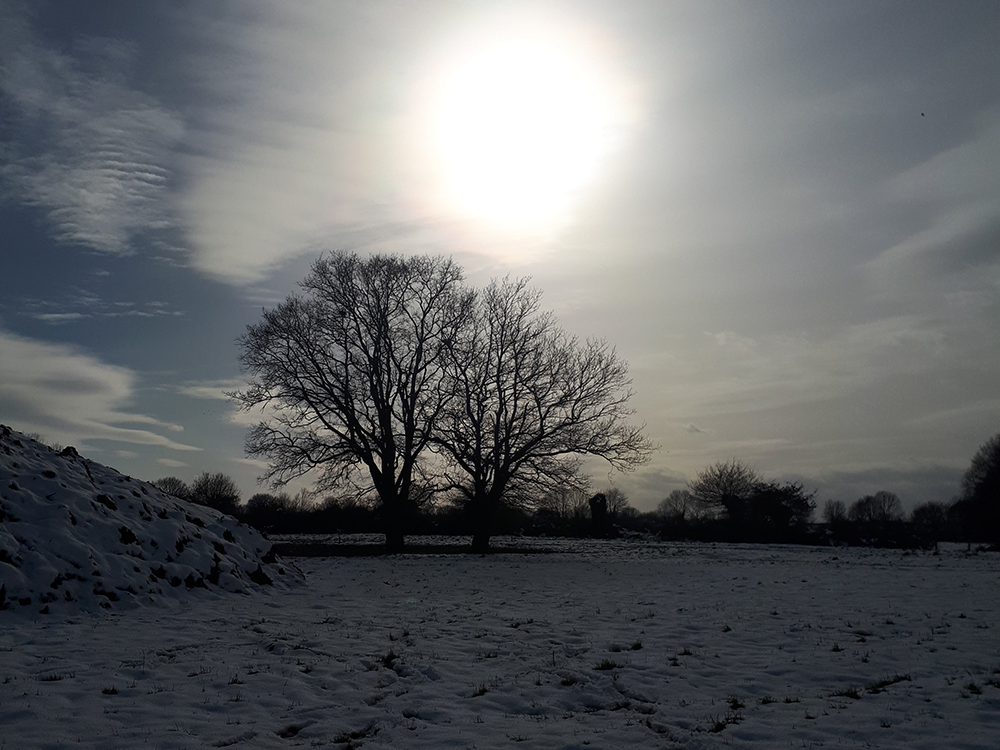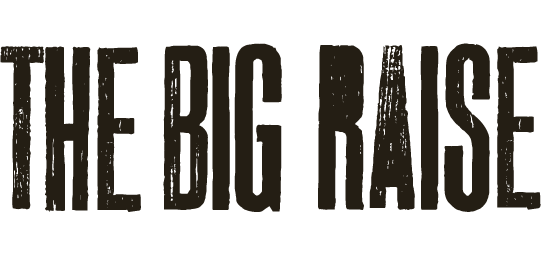
At The Big Raise, we are inspired by the Vipassana form of meditation as practised by the Buddha, Siddharthu Gautama, 2,500 years ago. However, we are not Buddhists, nor do we teach Vipassana! So, what’s that all about?
What distinguished the Buddha, or Awakened One, from those who came before and after him was not morality and meditation, both of which already had long pedigrees. It was his concentration on bodily sensations in the here and now that was unique. If you practice Vipassana, you will eventually feel the biochemical reactions on the skin and even in the body. For the Buddha, these sensations – literally the body regenerating itself – illustrated the impermanence of everything.
The Buddha was not a Buddhist (and we’re not Buddhists either!). He offered his contemporaries – paupers and princes alike – a toolkit to help relieve their suffering. He wasn’t interested in priests or religious organisations. He certainly did not want to set up a religion or an -ism. He was gently dismissive of people’s gods. He did not care whether someone believed in reincarnation, although it seems he himself did. What was important to him was that by practising morality, meditation and concentration in the here and now, one could help oneself to live a happier life.


One other thing, there are many forms of meditation practised around the world. Often, they are guided and involve concentrating on mental images or some form of words, or listening to music or incantations. These can all help to calm the mind to some degree, but for the Buddha only silence and concentration on the bodily sensations offered understanding of, and escape from, suffering. Ultimately, for the Buddha, only you can help yourself to relinquish past pain and live a happier life. He provided the tools; you have to do the work!
If you want to read more about Vipassana or apply to do a 10-day Vipassana course, then please visit the Vipassana website in your country.
Book a course at The Big Raise today
If you’d like to book a weekend course at The Big Raise, then please send us an email to info@lagranderaisandiere.fr and include your first name, surname, email, mobile phone number, dates of the desired course and mode of transport (e.g. Paris, train).
If you have any questions, please consult our FAQs here.




